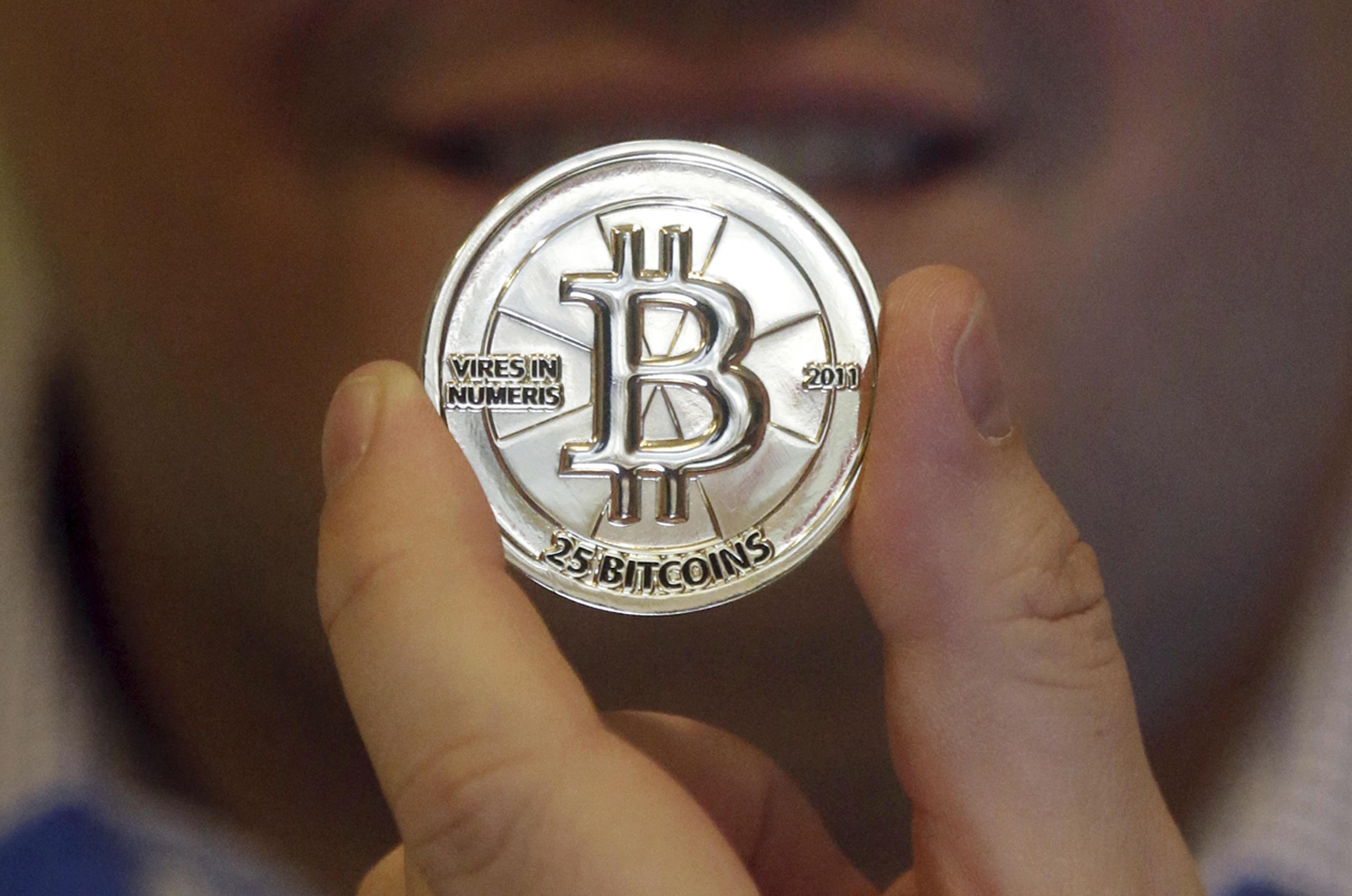Donald Trump's presidency is achieving what no one had done before, institutionalizing Bitcoin's role as a store of value. This Monday, the world's largest cryptocurrency broke all records by surpassing $120,000 in value and doubling its price in the last year. Its market value exceeds $2.4 trillion, according to various platforms, and now it is worth more than Amazon, the distribution giant that is the fourth-largest company globally, behind the trillion-dollar trio: Nvidia (which surpassed $4 trillion in market capitalization last week), Microsoft, and Apple. Experts attribute this buying frenzy to the weakness of the American currency in recent months and doubts about the viability of the U.S. economy, leading to significant outflows from its debt. The 10-year bond has returned to trading at 4.4%, compared to Germany's 2.7% or the 3.3% at which Spanish debt trades over a decade.
Furthermore, with the latest bullish push, Bitcoin has managed to stand on equal footing with gold, the historical ultimate safe haven for investors, as its appreciation in the last months of the Trump presidency is approaching levels close to 30% in 2025. This is significant because the cryptocurrency seems to be taking over from gold, which was the most bullish asset in March and April when the U.S. announced a barrage of tariffs against half the world, causing stock markets and bonds to plummet. The precious metal is trading near $3,400 per ounce, also at historical highs.
Bitcoin's surge has overshadowed the development of the world's second most important cryptocurrency, Ethereum, which is practically stagnant. In the last year, while Bitcoin has doubled its market value, Ethereum has lost 4% against the U.S. dollar, somewhat confirming the belief that time would leave only one winner among the thousands of existing cryptocurrencies, and at this moment, it seems that Bitcoin will fulfill its main characteristic as a safe haven.
This Bitcoin fever has propelled the largest ETF in the market, BlackRock's, above $83.5 billion in assets under management, which is a huge amount considering the competition. Especially noteworthy is that this index fund under the iShares brand was created in January 2024, following the SEC's (Wall Street regulator) approval of major spot Bitcoin ETFs. Until then, ETFs for this and other cryptocurrencies traded on futures in the CME market of the Chicago Stock Exchange.
Just in the first two weeks of July, BlackRock's ETF has added over $9.3 billion in assets under management, and since June 1, it has risen to $14.4 billion. According to data compiled by Bank of America, the net inflow into cryptocurrencies during the first half of the year exceeded $17 billion, nearly half of the record flows into gold, totaling $40 billion.
PRO-CRYPTO LAWS: the 'cryptoweek'
The Republican Administration has always shown support for cryptocurrencies, even with specific initiatives from which the president would benefit personally. Through his social network, Truth Social, the American magnate has submitted a request to the regulator to admit a cryptocurrency ETF, with a significant focus on Bitcoin, rumored to exceed 70%, and the rest for Ethereum, Solana, and other major cryptocurrencies.
But beyond Trump wanting to jump on the crypto bandwagon, this week is marked on investors' calendars because three laws affecting Bitcoin will be approved or discussed, presumably boosting its value, according to experts. These are the Clarity Act, the State Anti-CBDC Surveillance Act, and the Senate's Genius Act. The first is about providing clarity on the definition of crypto assets, whether they are securities or commodities (hence why they traded on the Chicago futures market alongside other commodities). The second initiative concerns the digital dollar. The goal is not to follow the ECB (European Central Bank) but to hinder the development of a digital currency dependent on the U.S. Federal Reserve. Experts believe that vetoing a new digital asset reinforces Bitcoin's dominance. The third proposal, the 'Genius Act,' focuses on stablecoins. What does it aim for? Strengthening their regulation by requiring a 1-to-1 backing in liquid assets, undergoing audits, and being registered with public authorities.
"After years of dedicated work in Congress on digital assets, we are pushing for historic legislation to establish a clear regulatory framework for digital assets that protects consumers and investors, sets standards for the issuance and operation of stable payment coins backed by dollars, and permanently blocks the creation of a Central Bank Digital Currency (in relation to the digital dollar) to safeguard Americans' financial privacy," stated French Hill, Chairman of the House Financial Services Committee.
Josh Gilbert from eToro believes that "the pace of gains in recent weeks reflects not only growing demand but also Bitcoin's increasing maturity as an asset class. What we are seeing now is sustained interest, supported by structural inflows, rather than short-term speculation. This coincides with the most crucial shift: who is buying. Institutional adoption is growing, and this is the first real bull market where institutional participation is crucial."
